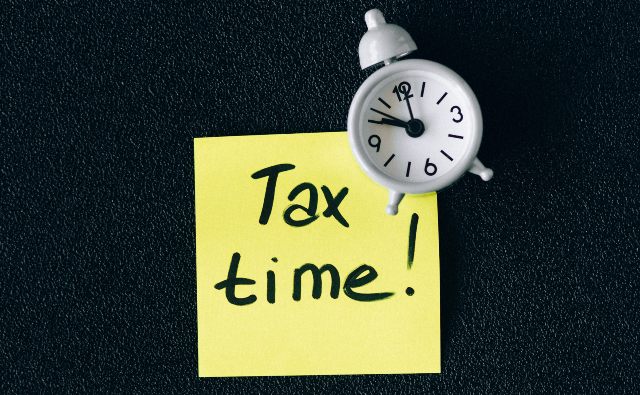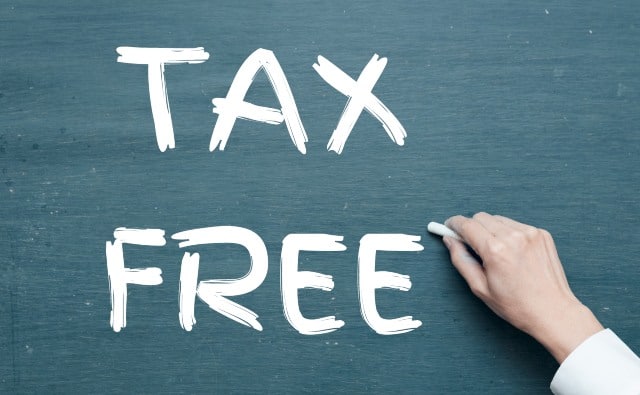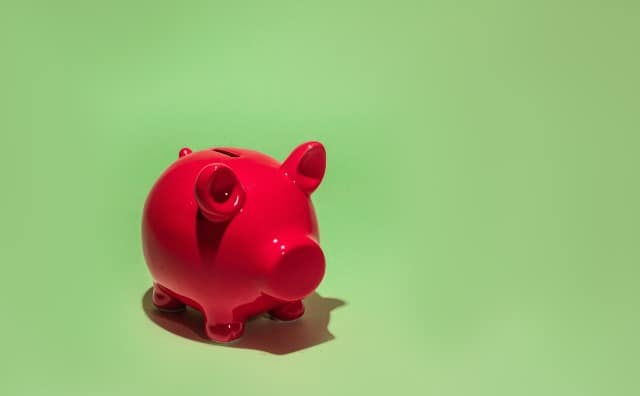Last Updated on July 24, 2022 by The MediFi Guy
What is an emergency fund? It’s an account containing enough money saved to cover 3-6 months’ living expenses and emergencies. It should be kept in an account that allows immediate withdrawals in the event of an emergency.
It’s recommended that you take time to create an emergency fund before you start investing. The reason is that if you start investing before having an emergency fund you might find yourself faced with a situation where some unforeseen emergency arises (eg unexpected loss of employment) that forces you to withdraw money from what should have been your long-term investments for the future/retirement to pay for immediate living expenses – thereby not only defeating the purpose of investing for the future but also incurring massive penalties in the form of early withdrawal fees and taxes.
Whilst the stepwise approach of first starting with an emergency fund and then once it is complete only then starting to invest is valid, with a doctor’s salary you should be able to do both at the same time (i.e. have some money allocated to go into an emergency fund as well as some going towards investments). But whether to go stepwise vs simultaneously is up to you.
When it comes to choosing what kind of account to use for an emergency fund, the characteristics one should look for are as follows:
- The money is available for immediate withdrawal at all times
- It offers a guaranteed interest rate that at the very minimum matches inflation
These 2 criteria are offered by most run-of-the-mill savings accounts. Therefore a savings account is all you need. All the chosen account needs to do is store the money, have it readily available, and not allow it to lose value over time due to inflation (therefore must have an inflation-matching interest rate). It’s not necessary to have large inflation-beating rates – that is not its purpose.*
*Side note: there does exist a type of account known as a “Money Market” Account which invests the money into a short-term investment known as a money market fund, and consequently offers a much better interest rate than a standard savings account, although the rate isn’t necessarily fixed depending on the exact details of the fund. We will have a full discussion of money market funds in forthcoming posts about investing. For now, just be aware that they exist and may be a good place to park emergency fund money if you can find one that meets the other necessary criteria. They are offered by banks as well as investment firms.
It should be noted that you’ll see some people promote accounts with waiting periods, e.g. 30 day notice accounts, as also being good options for emergency fund accounts because of the higher interest rates they offer. The higher interest is nice, yes, but the very nature of emergencies is that they tend to be unexpected and come without prior notice. Is the risk of having to wait 30 days to access money in an emergency a risk you’re willing to take?
Legal Disclaimer: The information on this website including research, opinions or other content is not intended to and does not constitute financial, accounting, tax, legal, investment, consulting or other professional advice or services. The author of this blog does not act or purport to act in any way as a financial advisor or in a fiduciary capacity. Prior to making any decision or taking any action, which might affect your personal finances or business, you should take appropriate advice from a suitably qualified professional or financial adviser.



